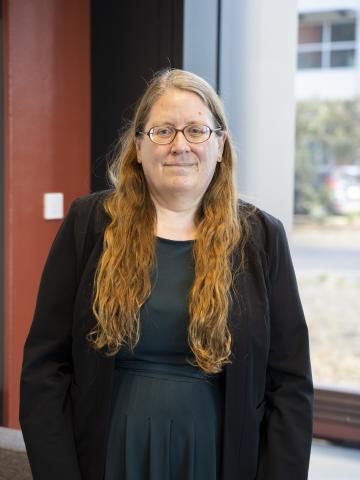Primary supervisor
Viviane Frings-HessamiResearch area
Information Empowered CommunitiesThe United Nations Development Programme has identified access to information as an essential element to support poverty eradication. People living in poverty are often unable to access information that is vital to their lives, such as information on their entitlements, public services, health, education or work opportunities. Timely access to information is essential to perform many economic, social and leisure activities. In today’s digital age, information is more and more often provided in digital form. However, the cost of digital technologies and the unreliability of Internet access can make it difficult for disadvantaged people living in rural areas in developing countries to access information online, resulting in missed opportunities to improve their livelihood and social wellbeing. The cost of continuous access makes it advisable for people to capture and preserve the information that they may need again in the future when they may no longer have access to online services, or to create their records in analogue formats in the first place. However, the preservation of information is often a neglected aspect of community informatics projects and of information behaviour research.
This PhD project will contribute to the objectives of the Australian Research Council-funded DECRA project Recordkeeping for Empowerment of Marginalised Communities led by Dr Viviane Hessami, which aims to enable more effective, culturally-sensitive information dissemination programs and to support recordkeeping and information preservation programs in marginalised communities.
This PhD project will explore how rural communities in a developing country access, create, and manage information and their preferences for oral, written or digital tools to preserve information for the medium to long-term. The emphasis of the project will be to support and strengthen locally-developed practices that are grounded in cultural traditions and preferences and to investigate the factors that influence the choice of tools by different groups and the longevity and #sustainability of documentation practices.
Required knowledge
- A first-class Honours degree and/or a Master’s degree by research in information and/or social sciences
- Experience working in archives, records management and/or libraries and understanding of related theories
- Experience working with community organisations in the country where the student wants to do fieldwork
- Capacity to conduct participatory research with various stakeholders
- High level of written and spoken English and fluency in the language(s) of the country where the student will undertake fieldwork, including familiarity with local dialects.
